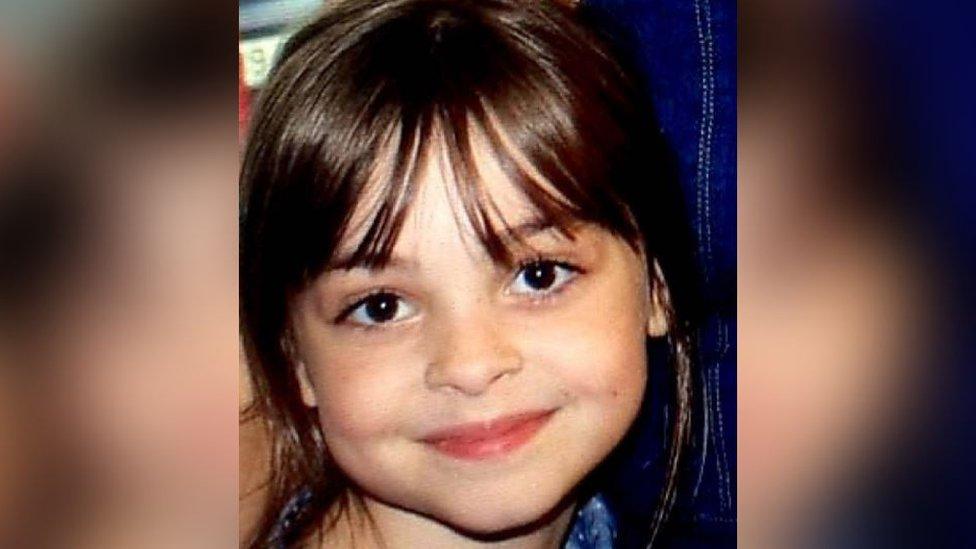Manchester Arena Inquiry: Police 'blamed others' for bomb response failings
- Published

Twenty-two people died in the arena bombing on 22 May 2017
Police "abjectly failed" to co-ordinate the emergency response on the night of the Manchester Arena bombing, an inquiry has heard.
Families of those killed said Greater Manchester Police (GMP) had tried "to blame others" for its mistakes.
The public inquiry into the bombing is hearing final legal arguments about how the emergency services reacted.
Pete Weatherby QC, who represents seven of the bereaved families, told the hearing there was a "command vacuum".
"There was no organised multi-agency working," he said.
"The [Greater Manchester] Fire and Rescue Service didn't turn up and there was little or no paramedic care in the City Room [where the bomb exploded] for the whole of the early stages. GMP were not wholly responsible for the emergency response failures but they were at the centre."
Twenty-two people were killed and hundreds injured when Salman Abedi detonated the bomb at the end of an Ariana Grande concert on 22 May 2017.
In his written submission, Mr Weatherby said GMP "abjectly failed" to co-ordinate a joint emergency response "to enable an effective response to protect the lives of the injured".
Only three paramedics ever went into the arena foyer, where the bomb had exploded, and firefighters did not arrive at the scene until more than two hours after the detonation.
Mr Weatherby's submission said GMP's failure to "properly manage" the response "had a considerable negative impact on the ability of North West Ambulance Service to properly address the needs of casualties on the night of the attack".
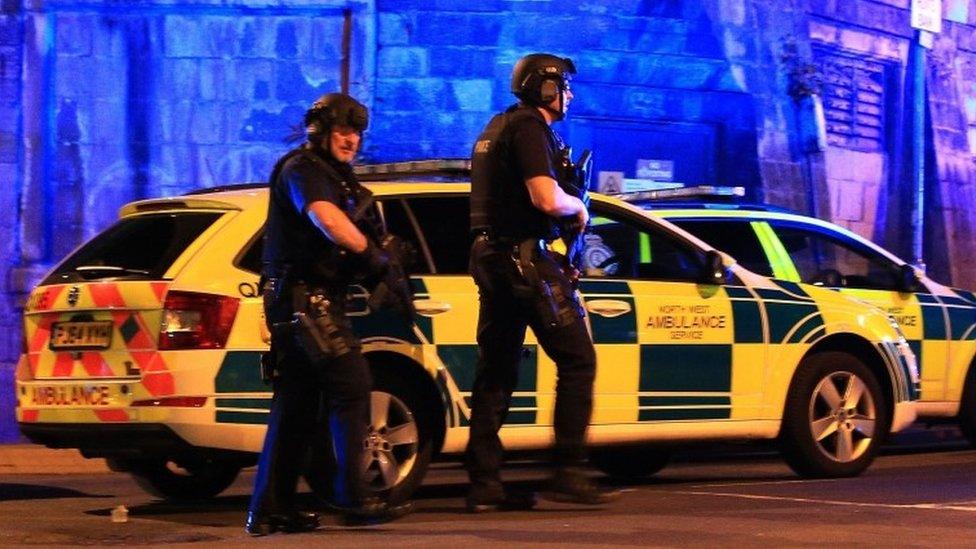
The public inquiry into the bombing is hearing final legal arguments about how the emergency services reacted
The inquiry was told the force's planning before the bombing was "haphazard and inadequate" and that they failed to learn from mistakes and problems highlighted in the years prior to the atrocity.
Mr Weatherby said GMP had "continually failed to accept their key failings that materialised on the night".
"Although GMP has had to accept some deficits, it has been slow to accept others and it has been quick to play the blame game, or assert that failures had made no difference to outcomes," he said.
Mr Weatherby criticised the part played by Ch Insp Dale Sexton, GMP's Force Duty Officer who was the initial police commander.
Although he said Ch Insp Sexton was in a "manifestly impossible position", Mr Weatherby said he "completely failed" to tell emergency partners that police had declared a counter-terrorist operation.
The inquiry was told this decision "seriously impeded a joined-up response which could have brought aid to casualties and responders to evacuate the City Room more swiftly".
The inquiry is considering whether two of the victims, eight-year-old Saffie-Rose Roussos and John Atkinson, 28, may have survived with quicker and better medical treatment.
Mr Weatherby, who represents the family of Saffie-Rose, said the chances of her surviving "would have been enhanced" if paramedics had been in the arena foyer earlier.
He said as she survived for around an hour, "it is far from fanciful" that earlier treatment could have saved her.
The inquiry was told Mr Atkinson "could and should have survived the attack" if he had received quicker treatment, particularly to stem the bleeding from his leg injuries.
In his submission, John Cooper QC, who represents the family of Mr Atkinson, said: "He did not survive because he did not receive effective, timely intervention for his entirely treatable injuries."
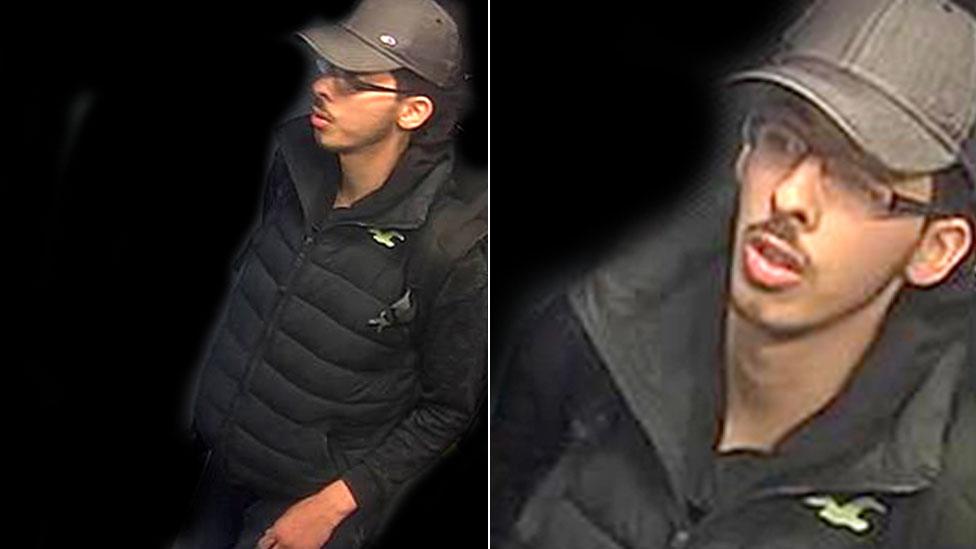
Salman Abedi detonated a homemade explosive in the arena foyer
Mr Cooper, who represents 11 of the bereaved families, said Greater Manchester Fire and Rescue Service's response to the arena bombing was "lamentable".
He said it "contributed precisely nothing to the rescue of victims of the bomb attack, who were lain stricken... for so long".
Firefighters first entered the scene two hours and 18 minutes after the bomb detonated and specialist crews, designed to respond to terrorist attacks, were never deployed to the atrocity.
"The absence of specialist trauma trained rescuers was particularly and keenly felt of course in the City Room where the injured, the seriously injured, lay and the dying suffered, literally crying out to be evacuated to safety," Mr Cooper said.
Mr Cooper's submission said the causes of the "catastrophic failures" by the fire service were "to be found in what were obvious, systemic flaws" in its planning and preparations before the attack along with "a series of erroneous command and control decisions made on the night".
He also criticised mistakes made by North West Fire Control and said the regional control room and its operators "lacked the systems and training to equip them to deal with the situation".
'Profound failure'
The inquiry was also told there were "fundamental failures" by Manchester Arena owners SMG and the private medical company ETUK to make sure there were suitably qualified first aiders on duty on the night of the attack.
Duncan Atkinson QC, who represents six of the bereaved families, said the failures were "all too capable of representing the difference between life and death for those who were entitled to consider themselves safe and cared for when they attended the arena".
His submission said ETUK was "an unprofessional, incompetent and complacent company" and said there was a "prolonged and profound failure by SMG to enforce, supervise and to review ETUK's performance for 11 years".
Mr Atkinson also said despite the best efforts of police officers at the scene, the organisational response of British Transport Police to the atrocity was "hopelessly inadequate".
The inquiry continues.

Why not follow BBC North West on Facebook, external, Twitter, external and Instagram, external? You can also send story ideas to northwest.newsonline@bbc.co.uk
Related topics
- Published13 December 2021

- Published9 December 2021
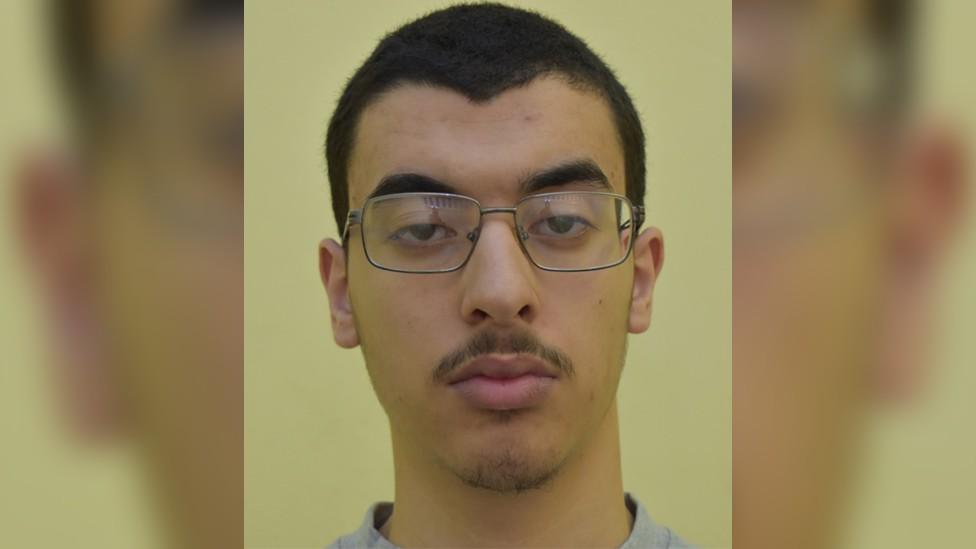
- Published8 December 2021
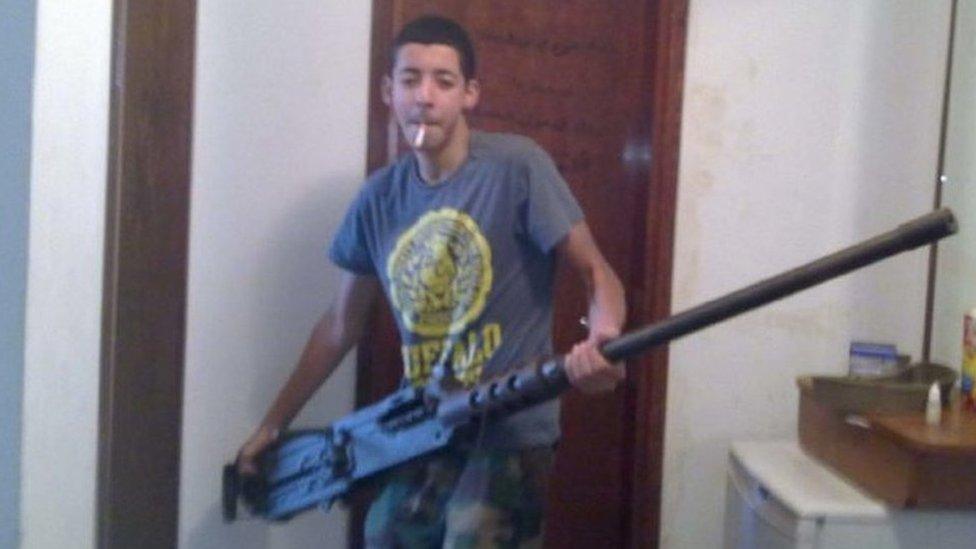
- Published7 December 2021
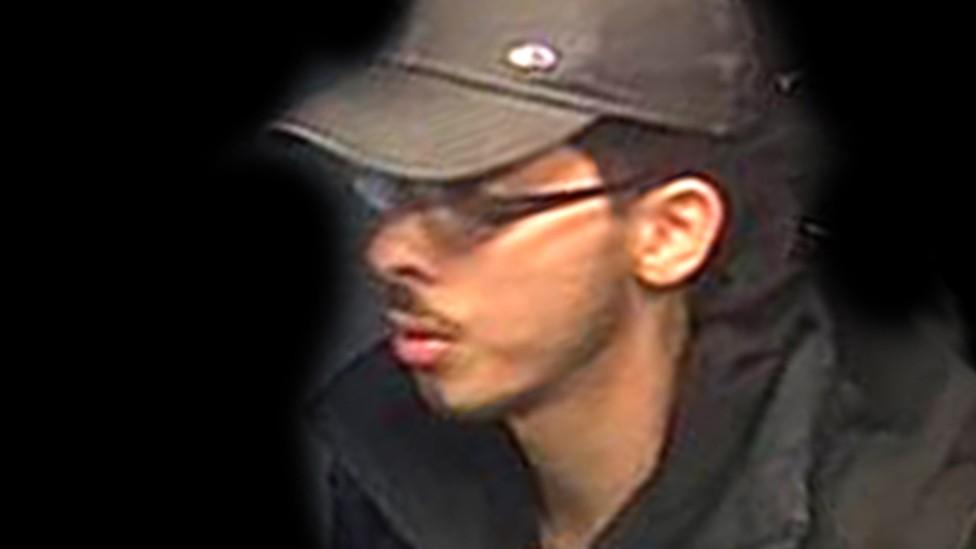
- Published6 December 2021

- Published3 December 2021
